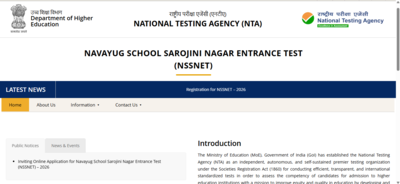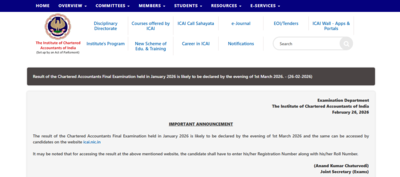What the Harvard investigation means for the future of diversity in US higher education

A new congressional investigation into Harvard University’s faculty hiring practices is drawing national attention—and raising questions about the future of diversity efforts in US higher education. With President Donald Trump leading a broader political campaign against diversity, equity, and inclusion (DEI) policies, the Harvard case could be a turning point for how universities approach hiring across the country.Recently, nine Republican members of the US House Committee on Education and the Workforce sent a letter to Harvard President Alan M. Garber, alleging that the university may be violating Title VII of the Civil Rights Act by considering race and gender in its hiring decisions. As reported by the Harvard Crimson, lawmakers demanded documents and internal policies that relate to hiring practices, with a deadline of June 25, 2025.Focus on race and gender in hiring under legal scrutinyThe investigation was triggered in part by leaked internal documents, published by conservative activist Christopher F. Rufo. These materials included a 2023 Harvard guide that encouraged faculty search committees to “consider reading the applications of women and minorities first” and give such candidates a “second look,” especially when placement goals were in place. As noted by the Harvard Crimson, the guide also recommended monitoring racial and gender diversity in applicant pools.The letter also cited interview prompts reportedly used by Harvard since 2021. Candidates were asked to define diversity, explain its role in their careers, and describe challenges in diverse environments. As quoted by the Harvard Crimson, lawmakers said these practices raise serious concerns under Title VII, which prohibits employment discrimination based on race or sex.A national precedent for other universitiesHigher education experts believe the investigation could set a precedent that pressures other US universities to revise or roll back DEI-related hiring practices. Following a Title VII complaint filed by Andrea R. Lucas, acting chair of the Equal Employment Opportunity Commission, Harvard Medical School removed several diversity-focused programs and quietly deleted a public pledge on inclusive hiring.The timing of the probe also follows the US Supreme Court’s 2023 decision ending race-based affirmative action in college admissions. While that ruling focused on Title VI, the Republican lawmakers argued—according to the Harvard Crimson—that “the principle of equal treatment under the law certainly applies to Title VII as well.”More scrutiny likely as politics meets policyWith multiple investigations already underway into Harvard’s conduct, including probes into campus antisemitism and research ties with China, lawmakers appear poised to increase pressure on elite institutions. As the Harvard Crimson noted, this marks the reemergence of the House Education and the Workforce Committee as a powerful force in congressional oversight.For many in academia, the Harvard investigation is not just about one university—it may be a signal of shifting legal standards and political realities for higher education across the US.




